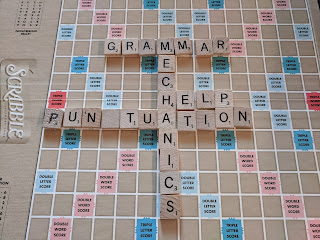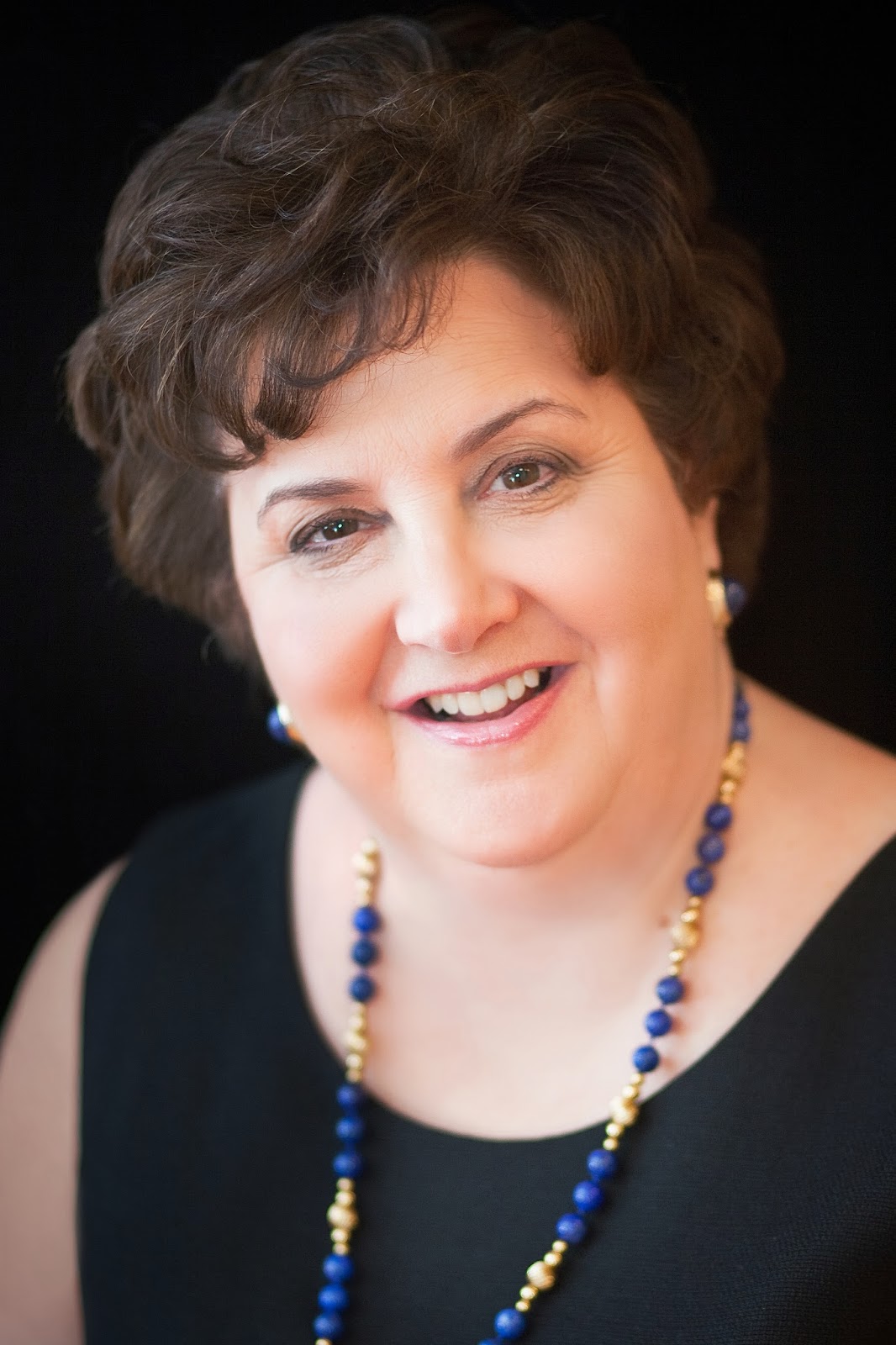How to Cut?
by Bethany Maines
On my first novel, Bulletproof Mascara, my agent strongly recommended removing a
few chunks of the manuscript that she considered extraneous to just about
everything. This was a complete misperception. Those chunks of writing were
vitally, vitally important to the entire fabric of book. Although, to be
honest, I now don’t remember what those vital chunks were, and the book is
undoubtedly better off without them. At the time, however, the advice was very
difficult to hear and I resisted it mightily. I also remember that as she
recommended painfully amputating these important bits she would say,
soothingly, sadly, sympathetically, “I know, but maybe you can use them in
something else.”
few chunks of the manuscript that she considered extraneous to just about
everything. This was a complete misperception. Those chunks of writing were
vitally, vitally important to the entire fabric of book. Although, to be
honest, I now don’t remember what those vital chunks were, and the book is
undoubtedly better off without them. At the time, however, the advice was very
difficult to hear and I resisted it mightily. I also remember that as she
recommended painfully amputating these important bits she would say,
soothingly, sadly, sympathetically, “I know, but maybe you can use them in
something else.”
I puzzled over that phrase after I hung up the phone.
Something else? What could she have possibly meant? Maybe she meant that I
could use that scene in a sequel? But the situations were kind of specific –
they couldn’t just be transplanted. And having snipped them out and written
over them, they couldn’t be flashbacks. Maybe she meant that they could be used
in another story – transplant different characters into those scenes. Now, that
was a completely ridiculous suggestion. Those events happened to those people.
You can’t just go plopping whole new people into those events. Which, frankly,
is just proof that writer’s are one step away from having diagnosable mental
health disorders featuring false realities and voices of people who aren’t
really there.
Something else? What could she have possibly meant? Maybe she meant that I
could use that scene in a sequel? But the situations were kind of specific –
they couldn’t just be transplanted. And having snipped them out and written
over them, they couldn’t be flashbacks. Maybe she meant that they could be used
in another story – transplant different characters into those scenes. Now, that
was a completely ridiculous suggestion. Those events happened to those people.
You can’t just go plopping whole new people into those events. Which, frankly,
is just proof that writer’s are one step away from having diagnosable mental
health disorders featuring false realities and voices of people who aren’t
really there.
Eventually, I decided that what she really meant was,
“However, you have to wrap your mind around this to make it ok – do it, because
it’s for the greater good of the book.” Of course, the idea that someone else
might have a better grasp on what my story and book should be is also a hard
thing for a writer to wrap their mind around. Eventually, I did come to peace
with both concepts, but I find that as I help other writers through the editing
process, that I still don’t know what to tell them when I advise cutting out
favorite scenes. Should I suggest that they can “use them in something else” or
do I just give it to them straight – your book is better off without this scene
(even though you love it and sweated over it)? For all of you writers out
there, what has helped you come to terms with cutting out beloved moments?
“However, you have to wrap your mind around this to make it ok – do it, because
it’s for the greater good of the book.” Of course, the idea that someone else
might have a better grasp on what my story and book should be is also a hard
thing for a writer to wrap their mind around. Eventually, I did come to peace
with both concepts, but I find that as I help other writers through the editing
process, that I still don’t know what to tell them when I advise cutting out
favorite scenes. Should I suggest that they can “use them in something else” or
do I just give it to them straight – your book is better off without this scene
(even though you love it and sweated over it)? For all of you writers out
there, what has helped you come to terms with cutting out beloved moments?
Bethany Maines is the author of
the Carrie Mae Mystery series and Tales from the City of Destiny. You can also view the Carrie Mae youtube
video or catch up with her on Twitter.
the Carrie Mae Mystery series and Tales from the City of Destiny. You can also view the Carrie Mae youtube
video or catch up with her on Twitter.






